A curious exposition was put up at the exhibition hall of State Agency Archives, entitled “Sofia cultural life in the past seen through posters and photographs”. Even though focusing on culture, the collection reflects also the development of Sofia as a capital city. Towards the end of the 19th century, it was a small, remote regional center in the deep province of the enormous Ottoman Empire. It counted around 20 thousand inhabitants by the start of the Russo-Turkish war of 1877-78. After Bulgaria’s Liberation and the proclaiming of Sofia as capital city in 1879, the place soon developed as a modern European city.
The exposition is related to a memorable date. In 1928 Bulgaria marked 50 years since the Liberation and 1000 years since the Golden Age – the upsurge of Bulgarian literature and culture under the rule of King Simeon the Great in the early 10th century. On that occasion, then Mayor Vladimir Vazov (brother of Bulgarian classic writer Ivan Vazov), gave the start to the Sofia Museum with library and archive department, and later – an art gallery. Today, these are four separate institutions of the capital city, which mark their 90th anniversary.
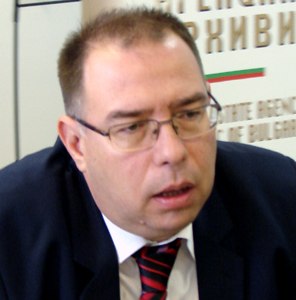 “We have tried through 90 artifacts – posters, photos, theater bills and invitation cards, to present the 90-years’ history of these significant cultural institutions in Sofia, as they determined the cultural pace of the entire Bulgarian society throughout the 20th century – a period dense with cultural events. We made an attempt to show to the public in the city the entire cultural excitement of the period, originating from Sofia”, said Mihail Gruev, chairman of the Archive State Agency at the opening of the exposition.
“We have tried through 90 artifacts – posters, photos, theater bills and invitation cards, to present the 90-years’ history of these significant cultural institutions in Sofia, as they determined the cultural pace of the entire Bulgarian society throughout the 20th century – a period dense with cultural events. We made an attempt to show to the public in the city the entire cultural excitement of the period, originating from Sofia”, said Mihail Gruev, chairman of the Archive State Agency at the opening of the exposition.
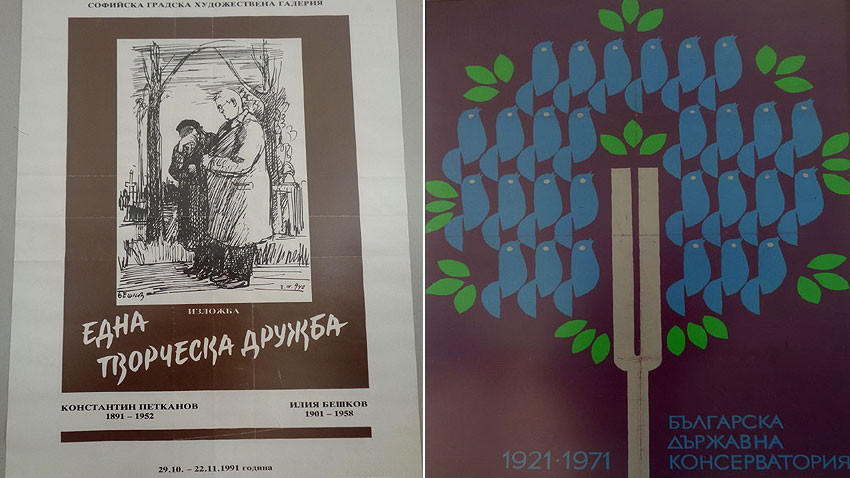
The oldest exhibit is a rather luxurious, from the contemporary point of view, poster made of silk. Through it, the “Slavyanska Beseda” Cultural Center declared the first opera event in Sofia. The year was 1882 – four years after the remote district town stepped out of the rule of the Sultan! The particular event was the concert of German diva Filipina von Edelsberg. For the lack of a symphony orchestra at that time, the singer was accompanied by the military brass band of Bulgaria’s ruler Prince Alexander Battenberg. Today the National Opera and Ballet house, based in Sofia, is among the leading opera theaters in Europe. As of 2013 it also has its own Wagner Festival, gaining international acclaim.
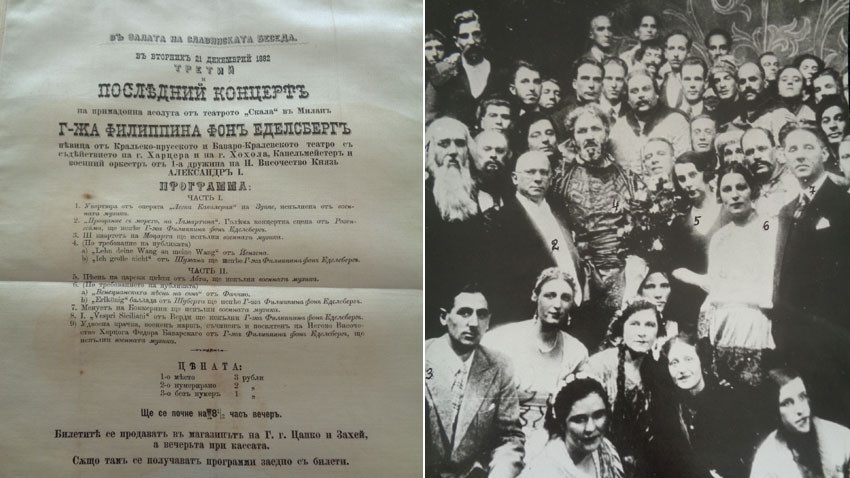
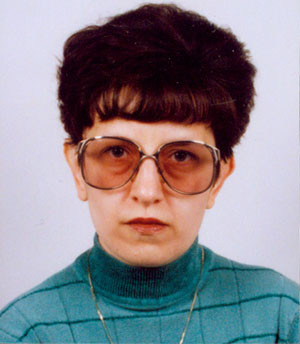 Opera and theater posters have a special place in the exhibition. “There are posters of the first Bulgarian operas, staged by the Bulgarian Opera Society (as the opera house was called at the beginning), the first one being “Siromahinya” (pauper lady) by Emanuil Manolov. In fact these documents are kept at the National Music Academy, as many cultural events through the years were taking place at the superior schools and universities, the Academy being one of them”, says Georgeta Noncheva, chief expert at Archive Agency. Some documents bring the memory about one of the most significant events for opera fans in the capital city – the guest performance of great Russian singer Feodor Shaliapin in 1934. In Sofia’s Opera Theater he sang in “Boris Godunov” by Mussorgskiy and “Knyaz Igor” by Borodin.
Opera and theater posters have a special place in the exhibition. “There are posters of the first Bulgarian operas, staged by the Bulgarian Opera Society (as the opera house was called at the beginning), the first one being “Siromahinya” (pauper lady) by Emanuil Manolov. In fact these documents are kept at the National Music Academy, as many cultural events through the years were taking place at the superior schools and universities, the Academy being one of them”, says Georgeta Noncheva, chief expert at Archive Agency. Some documents bring the memory about one of the most significant events for opera fans in the capital city – the guest performance of great Russian singer Feodor Shaliapin in 1934. In Sofia’s Opera Theater he sang in “Boris Godunov” by Mussorgskiy and “Knyaz Igor” by Borodin.
Other curious exponents remind of cultural institutions left behind in history. One of them was the “State People’s Theater for the Countryside”, functioning in the period 1951-1959. It dwelt on village topics and resorted to the form and style known as “socialist realism”. It was targeted at the thousands of people from the countryside across Bulgaria, coming to Sofia to seek better life and work in the industry and the state institutions of the fast developing capital.
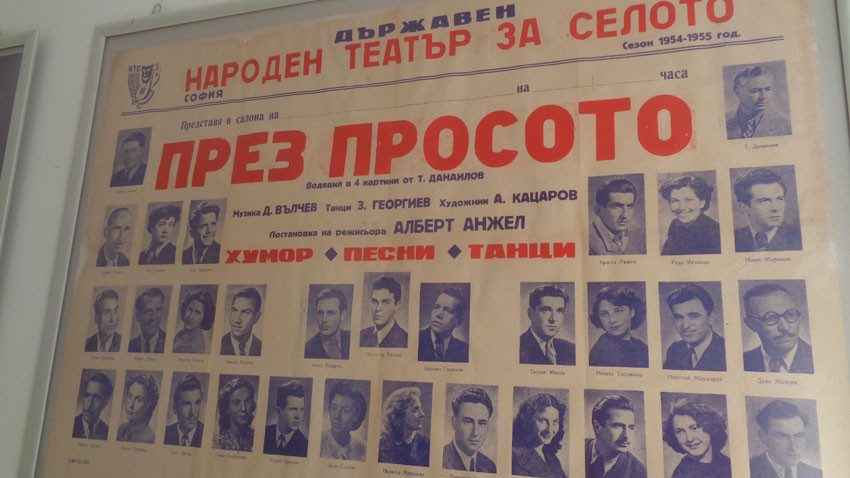
The exposition covers the period 1882 through 1994, when the last cultural events’ posters kept at the Archives are dated. These exponents are provided for the exposition by the Regional Museum of History – Sofia, State Archives – Sofia, Sofia City Library and Sofia City Gallery

Mayor General Vazov had also said: “To create, collect and preserve the deeds of spiritual culture – that is the superior task of a city wanting to live an eternal life in people’s awareness.” These were Vazov’s words, said in motivating the need to inaugurate the capital city’s cultural institutions. Up to date we can say that the capital of Bulgaria has its memory, its consciousness of spirituality, its enormous audience thirsty for its various manifestations.
English version: Iva Letnikova
Photos: Veneta Pavlova
The book "The Sboryanovo Enigma” by Dragomir Bogomilov will be presented this evening at 7:00 pm in the "Sofia" gallery of the Bulgarian Cultural Institute in London. More than 2,000 years ago, today's Sboryanovo reserve was the..
April 25 is the birth date of Izko Finzi, part of the so-called "golden generation" of Bulgarian actors. For his 91-year earthly journey until now, Izko Finzi is drawing a lasting mark in the Bulgarian theatrical, film and cultural life. He was..
Bozhana Slavkova won the biggest international poetry contest Mili Dueli . She is the first Bulgarian author to have won the grand prix . 711 authors from 104 countries took part in the 9 th edition of the competition, and 3..
The book "The Sboryanovo Enigma” by Dragomir Bogomilov will be presented this evening at 7:00 pm in the "Sofia" gallery of the..
April 25 is the birth date of Izko Finzi, part of the so-called "golden generation" of Bulgarian actors. For his 91-year earthly journey until now, Izko..

+359 2 9336 661
